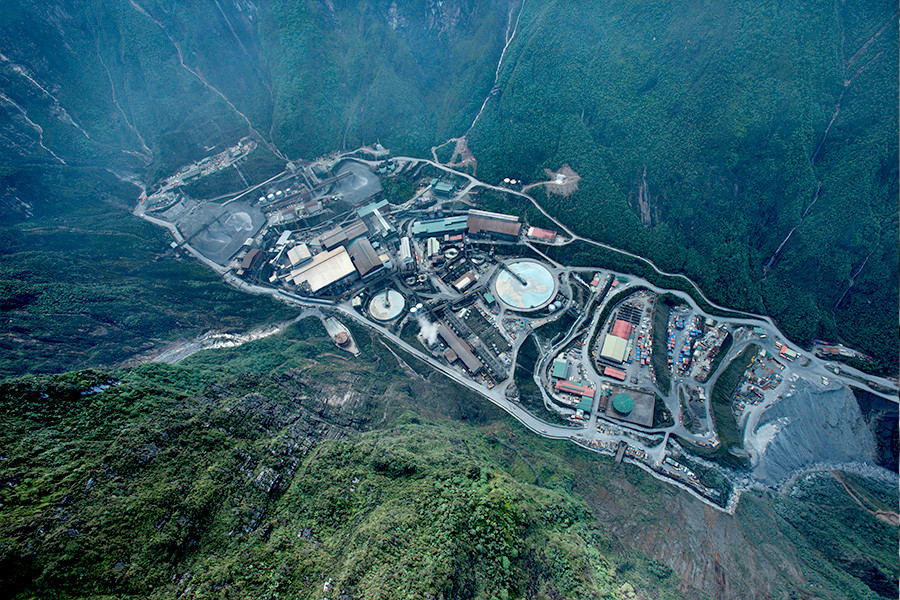Popular Reads
Top Results
Can't find what you're looking for?
View all search resultsPopular Reads
Top Results
Can't find what you're looking for?
View all search resultsIndonesia’s downstreaming policy inspires Asian, African countries: Binus research
Change text size
Gift Premium Articles
to Anyone
T
he success of Indonesia's mineral downstreaming policy in increasing added value of natural resources is encouraging several developing countries in Asia and Africa to follow suit, a Binus University study has found.
Edy Irwansyah, who was involved in the the Binus research, said the downstreaming sector had improved Indonesia’s economy through a policy model that was also relevant to the global context.
"Indonesia has shown that through downstreaming, mining materials such as nickel, copper and cobalt can be processed into high value-added products that are more competitive in the international market. This serves as an inspiration for other countries to maximize the potential of their resources," he said.
Indonesia's downstreaming policy has motivated countries including the Philippines, the world's largest nickel supplier, to implement a similar policy, according to the Binus study, titled "Big Data Analysis of Downstream Policy: Indonesia's Strategy and Diplomacy in Facing Global Dynamics".
The study notes that the domestic downstreaming sector has been successful in attracting foreign investment. It has also strengthened the country's position in the global supply chain, since nickel-based products, such as those used in lithium batteries, have a much higher export value compared to raw materials.
In addition, the mineral downstreaming policy has encouraged economic diversification, strengthened the manufacturing sector and created new jobs across mining regions like Sulawesi and Maluku.
However, the study also identified several challenges, including international trade disputes such as the European Union's lawsuit at the World Trade Organization over Indonesia’s export ban on unprocessed nickel.
"This dispute requires Indonesia to combine the downstreaming strategy with a constructive approach in economic diplomacy. If [the dispute] is not managed properly, it can negatively impact international trade relations," explained Ahmad Sofyan from the Binus research team.
The study also observed that processing heavy metals like nickel and copper risked producing hazardous waste if it was not managed using the appropriate technology. Meanwhile, increased mining exploitation had the potential to accelerate deforestation and degradation, pointing to a need for strong regulations and environmentally friendly processing technology.
The Binus study affirms downstreaming as a strategic step that can change Indonesia's role from an exporter of raw materials to a global manufacturing center. However, the sector’s long-term success depends on inclusive regulations and careful resource management toward sustainability.
"Indonesia has become a model followed by many developing countries, but this [downstreaming] policy must continue to be evaluated to ensure economic sustainability, environmental protection and equitable distribution of benefits to the community," Edy emphasized.










